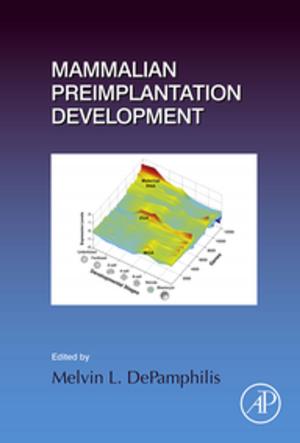Plastic Analysis and Design of Steel Structures
Nonfiction, Science & Nature, Technology, Textiles & Polymers, Engineering| Author: | M. Bill Wong | ISBN: | 9780080941851 |
| Publisher: | Elsevier Science | Publication: | August 30, 2011 |
| Imprint: | Butterworth-Heinemann | Language: | English |
| Author: | M. Bill Wong |
| ISBN: | 9780080941851 |
| Publisher: | Elsevier Science |
| Publication: | August 30, 2011 |
| Imprint: | Butterworth-Heinemann |
| Language: | English |
The plastic analysis method has been used extensively by engineers for designing steel structures. Simpler structures can be analyzed using the basic virtual work formulation, but more complex frames are evaluated with specialist computer software. This new book sets out a method for carrying out plastic analysis of complex structures without the need for specialist tools.
The book provides an introduction to the use of linear programming techniques for plastic analysis. This powerful and advanced method for plastic analysis is important in an automated computational environment, in particular for non-linear structural analysis.
A detailed comparison between the design codes for the United States and Australia and the emerging European Eurocodes enables practising engineers to understand the issues involved in plastic design procedures and the limitations imposed by this design method.
* Covers latest research in plastic analysis and analytical tools
* Introduces new successive approximation method for calculating collapse loads
* Programming guide for using spreadsheet tools for plastic analysis
The plastic analysis method has been used extensively by engineers for designing steel structures. Simpler structures can be analyzed using the basic virtual work formulation, but more complex frames are evaluated with specialist computer software. This new book sets out a method for carrying out plastic analysis of complex structures without the need for specialist tools.
The book provides an introduction to the use of linear programming techniques for plastic analysis. This powerful and advanced method for plastic analysis is important in an automated computational environment, in particular for non-linear structural analysis.
A detailed comparison between the design codes for the United States and Australia and the emerging European Eurocodes enables practising engineers to understand the issues involved in plastic design procedures and the limitations imposed by this design method.
* Covers latest research in plastic analysis and analytical tools
* Introduces new successive approximation method for calculating collapse loads
* Programming guide for using spreadsheet tools for plastic analysis















